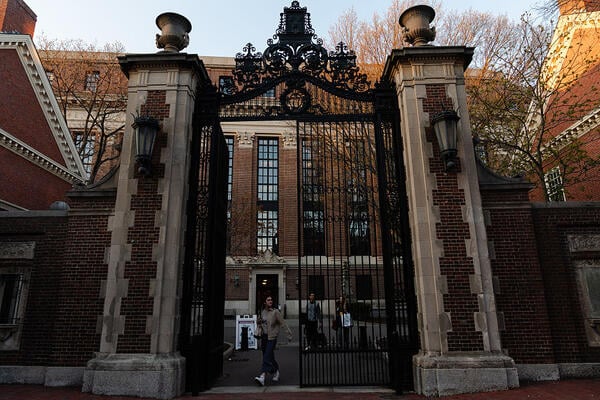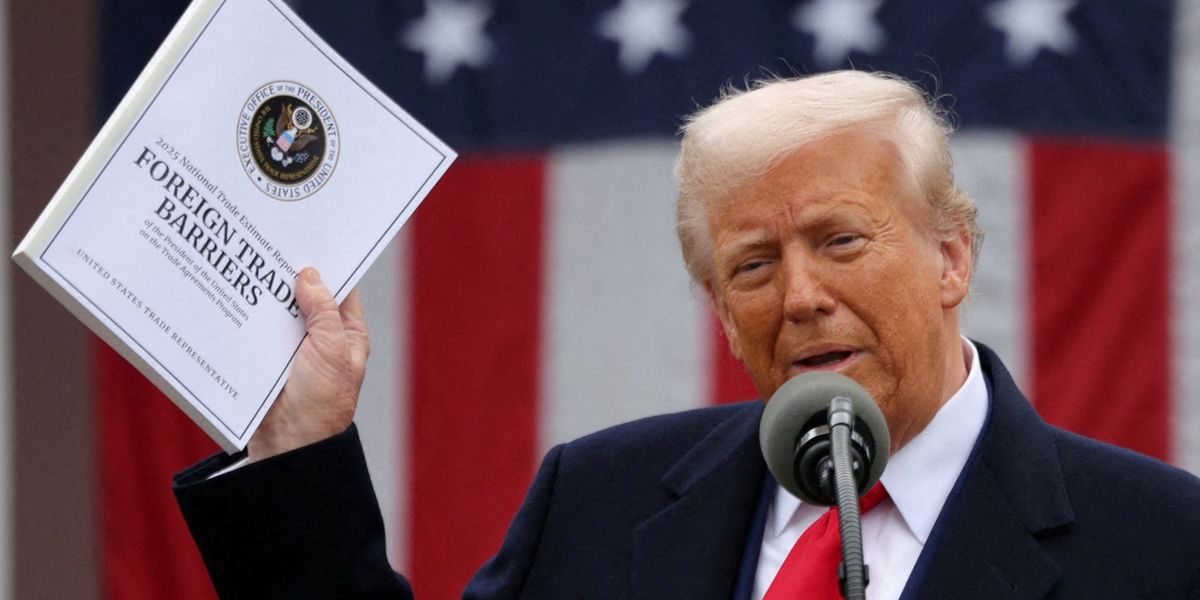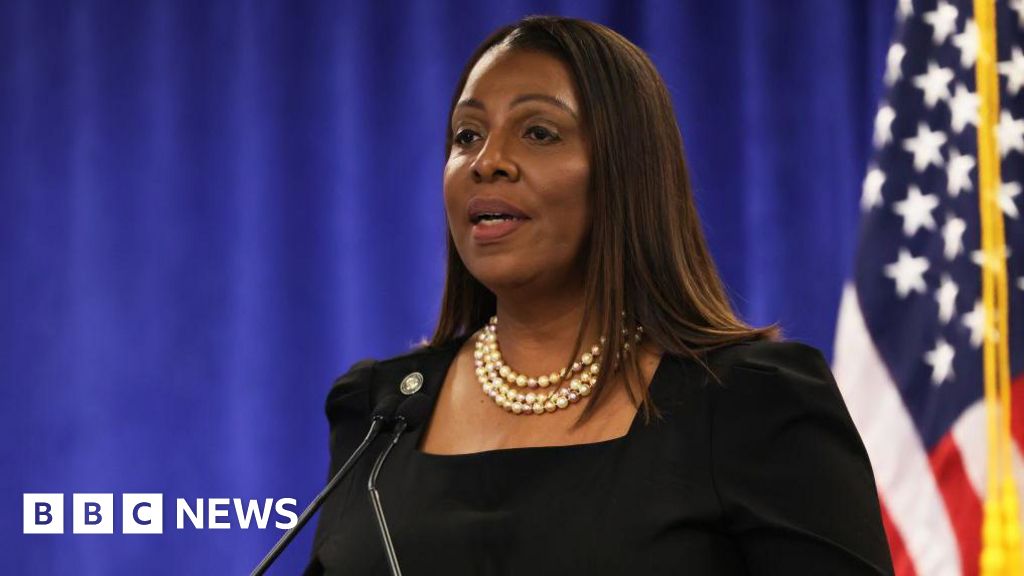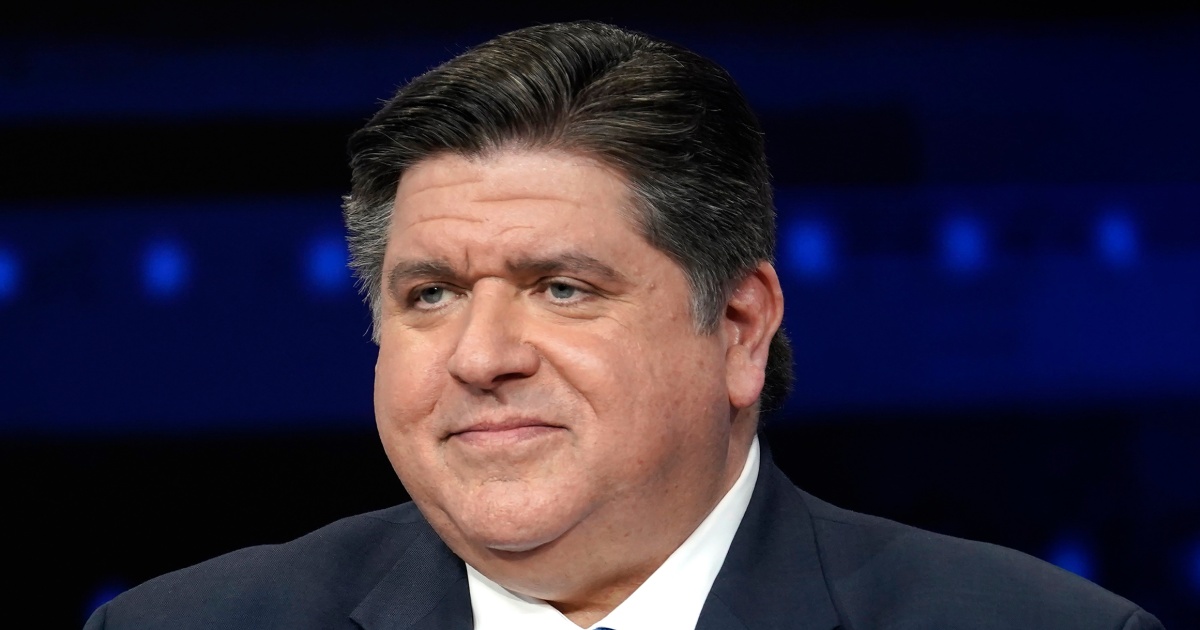Trump Expresses Doubts Over Proposed Tax Hike for Millionaires

On Wednesday, President Donald Trump raised concerns regarding a tax proposal gaining traction among certain factions within the Republican Party. This proposal would implement a higher tax rate specifically targeting millionaires. During an impromptu press conference in the Oval Office, Trump articulated his skepticism, stating that such an increase would be disruptive, suggesting that it might prompt wealthy individuals to relocate outside the United States.
Trump's remarks came as he signed executive orders related to education, but his focus quickly shifted to the implications of higher taxation on affluent Americans. He asserted that other nations, which he did not name, had previously raised taxes on millionaires and subsequently witnessed a significant exodus of their wealthy citizens. They lose their wealthy people, Trump stated, adding, That will be bad because the wealthy people pay the tax. His comments reflect a long-held belief among some conservatives that higher taxes on the rich could lead to negative economic consequences.
House Speaker Mike Johnson, a Republican from Louisiana, echoed Trumps sentiments in an interview with Fox News. He expressed his opposition to any tax increase for millionaires, reinforcing the traditional stance of the Republican Party against such measures. Johnson acknowledged that various ideas had been proposed as part of an upcoming legislative effort aimed at advancing Trump's domestic policy agenda, yet he stood firm against the notion of raising taxes on high earners.
Reports indicate that the tax proposal under consideration would establish a 40% tax rate for individuals earning $1 million or more annually. Currently, the highest tax rate stands at 37%, applicable to income exceeding $609,351. This proposed increase has sparked a lively debate within the party, especially after Vice President JD Vance and budget director Russell Vought showed some openness to the idea, as reported by The Washington Post. Notably, Steve Bannon, a prominent ally of Trump, has openly supported the initiative, dubbing it a no-brainer.
In a further twist, Treasury Secretary Scott Bessent has acknowledged his willingness to consider raising taxes on those earning over $5 million per year, highlighting a potential divergence in viewpoints within the administration. The discourse around increased taxation on the wealthy gains urgency as Republicans seek to preserve the tax cuts established by the 2017 tax law, which is set to expire soon. Should the GOP allow the top tax rate to revert to 39.6%, an estimated $400 billion could be generated over the next decade, according to Kyle Pomerleau, a senior fellow at the American Enterprise Institute, which is known for its center-right perspectives.
This ongoing debate not only illustrates the internal rifts within the Republican Party but also raises broader questions about tax policy, economic growth, and wealth distribution in America. As Trumps inner circle contemplates the implications of a higher tax rate on millionaires, it remains to be seen whether this proposal will gain enough traction to influence future legislative efforts.
For those interested in staying updated on this evolving story and other significant news developments, Forbes is launching text message alerts. To receive the latest headlines directly to your phone, simply text Alerts to (201) 335-0739 or sign up through their website.




























